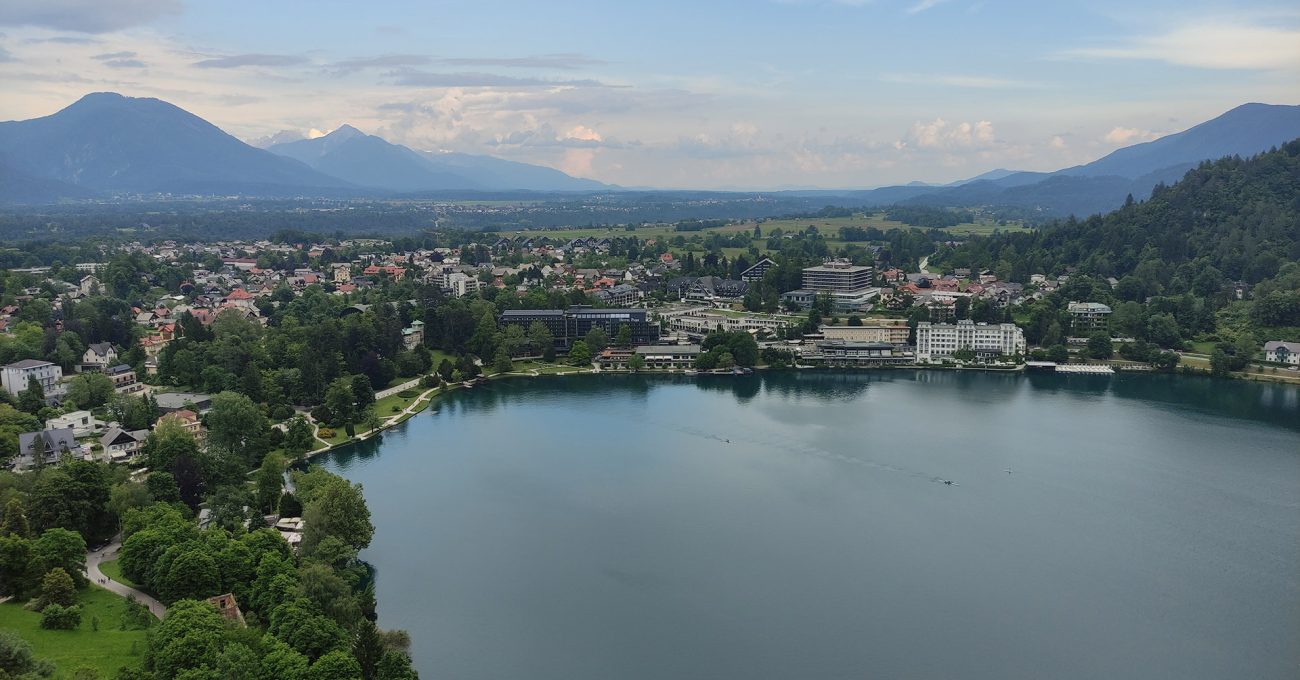Thanks to the recent outputs which marked the end of the initial phase of the project, the project coordinators Nuria Diaz and Jordi Ros appeared in a webinar series that explores and challenges various operations and processes in sports from the environmental management perspective.
The project ACCESS – Achieving Circularity in Cities through Environmental Sustainability in Sports, another Erasmus+ Sport project co-funded by the European Union, has been running a webinar series as a part of the project’s capacity building and training phase, targeting primarily the four beneficiary sport organisations which are part of the project – FC Porto, the Danish and Welsh Football Associations, as well as the Irish GAA. Nevertheless, the webinar drew a lot of attention from external entities, too, with a participation of 60, combining media, academia, public authorities, practitioners and many other sport organisations. While the previous four episodes covered topics like green procurement, environmental assessment, reporting and communication, nature and biodiversity, this last one focused on the events themselves – addressing the sustainability of those. The topics were chosen and defined based on the previously conducted study visits and interviews, which allowed the technical experts to identify hotpots for potential environmental improvements in sports.
Nuria and Jordi were invited to speak about the particular approach the Regenera Water Sports project decided to apply to many various processes and operations that need to take place when organising professional, amateur or leisure events on water bodies. The webinar allowed them to present the 5-Multistakeholder-Helix approach which wants to initiate cross-sectoral cooperation between different stakeholders relevant for the lakes which represent the four pilot areas, those relevant for governance like public authorities, event organisation like sport clubs, NGOs for awareness raising and more. A survey, which was a part of this initial mapping phase, resulted in interesting findings and helped the project’s technical partners to understand the state-of-art and the baseline scenario in the four pilot areas when it comes to current environmental management around water bodies. Nuria and Jordi also listed and explained the indicators which were chosen to monitor and evaluate the results of this 3 years long project once the time comes for it.
“With the implementation of the Regenera Water Sport (RWS) project, we expect to influence in the way the sporting event organizers operate and to promote greater awareness in our communities about the necessity of protecting water areas and surroundings. In that sense, the need to promote strategies to maintain and manage these areas in a sustainable way is what drives a project which aims to empower local communities, local authorities, sports clubs, and all collectives present in the area”, concludes Nuria.




